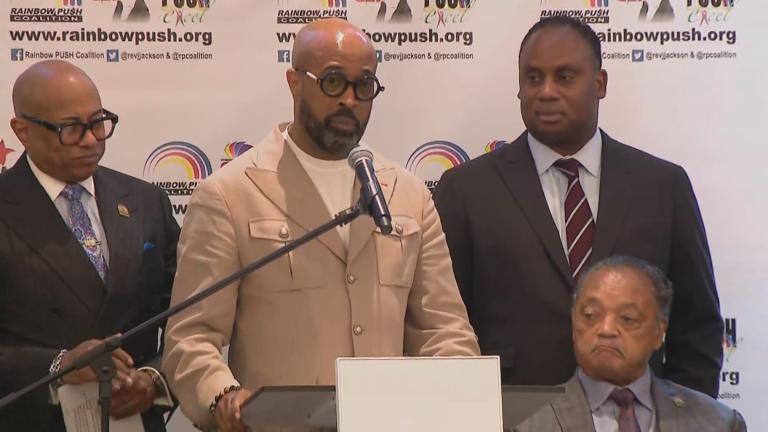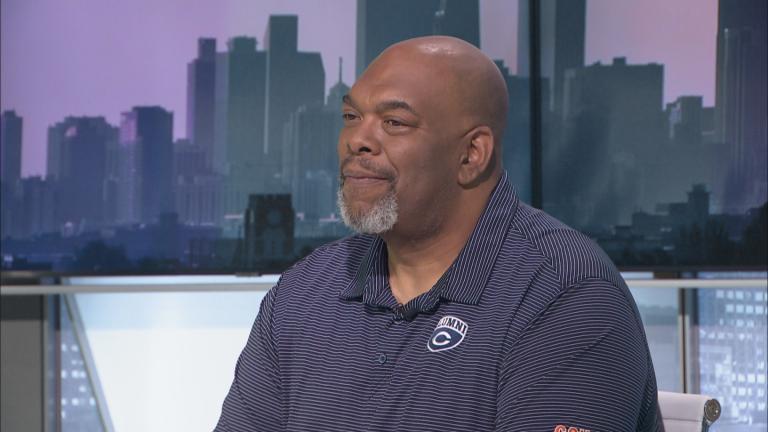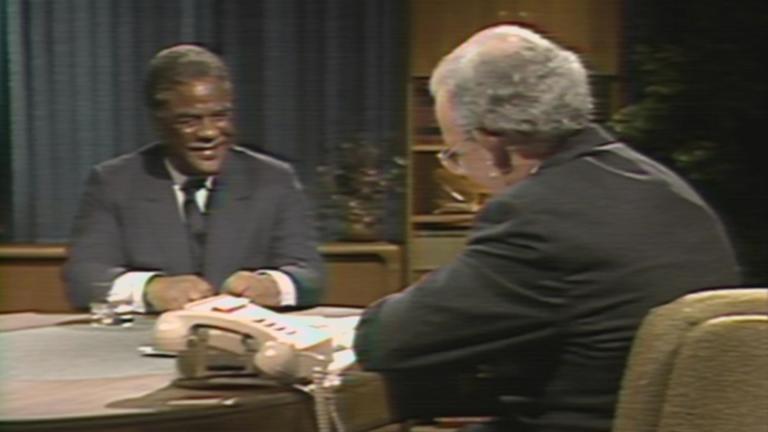From their start, North Shore suburbs have almost all been predominantly White. The town of Glencoe was an exception in its earliest days — though it has not remained so in the 150 years of its existence. In the exhibit “Glencoe’s Black Heritage,” the Glencoe Historical Society explores the town’s beginnings as an unusually integrated community and takes a stark look at how the Black members of that community were pushed out.
“The research for [the exhibit] started five years ago before our community’s 150th anniversary when we decided we wanted to learn more about Black history,” recalled Karen Ettelson, co-president of the Glencoe Historical Society’s board of directors. “But the true genesis was when one of our board members basically asked the question of, ‘Why did Black people come to Glencoe?’ Because we have had a Black population here at least since mid-1880s and on the North Shore, that’s unique.”
That board member was Hilde Carter, whose family moved to Glencoe from Evanston around 1952.
“It was always curious to me, when we moved here, how we were in one little section and there were more Black people here when I was growing up than there are now,” Carter said.
Indeed, multiple Black families had settled in the community, opened businesses, created churches and sent their children to fully integrated schools from the 1880s to the 1920s. Much of their history is depicted in the exhibit’s first gallery. In a second gallery, in a separate building, the exhibit explores the reasons why that tide turned.
“We knew after World War I, things changed,” Ettelson said. “Things changed nationally, but they also changed locally, and we really wanted to know why. That was a part of Glencoe history that had often been kind of glossed over because people don’t want to look at the dark side. So we’ve really been focused in on that and more recently have tried to determine exactly why the Glencoe Black population decreased dramatically between 1920 and 1930 and why there aren’t more Blacks in our community today.”
Ettelson and a team of researchers dove deep into property records to find the answers. She said they uncovered the methods local leaders used to push out Black homeowners, like restrictive covenants and eminent domain, well before the redlining of the 1930s. The exhibit also draws parallels between national events and local events as the country began enshrining racist practices into property ownership law.
Carter said some aspects of Glencoe’s layouts had always struck her as odd, like the layout and location of a Glencoe park, so she wasn’t surprised when the research showed the local leaders claimed eminent domain as a way to push out many Black homeowners to create that park.
“When I think about where I grew up, it was very safe, very easy for us to walk around the community as kids,” Carter said. “We never had any issues in that regard. But when I think of what was there and since, and that is a loss that we’ll never gain back. It does sadden me to know the true history. I think that it’s important to know the history of Glencoe even though it may not all been the best. I mean, it is the history of what we have.”
The second gallery also includes the history of Black Glencoe residents who fought in segregated units during World War II.
“I think we learned a lot of lessons by looking at our community and learning about what worked in the early community and made us a really cohesive community and also what caused divisions later on,” Ettelson said. “And I think those are really important, important lessons to be learned.”
“Lord, I never knew that when my dad moved us to Glencoe what my life would turn out to be,” Carter said. “To be standing here in the Glencoe Historical Society talking about how people came here is kind of an amazing thing.”
On April 16, the Glencoe Historical Society will present a talk on racism in 1920s Glencoe at the Glencoe Public Library.








